-(7).png?sfvrsn=e71da114_1)
The Dushanbe Glaciers Declaration sets out actionable commitments and collaborative strategies for glacier preservation, climate resilience and sustainable development.
-(5).png?sfvrsn=2fe3af20_1)
Water scarcity is rising in high-altitude communities, with climate change increasing the vulnerability of mountain regions like the Andes and Himalayas. Retreating glaciers, erratic rainfall and mismatched water supply and farming needs threaten ecosystems and lives. This report examines the planning, implementation and local impact of Artificial Ice Reservoir (AIR) systems in seven high-altitude villages.
-(6).png?sfvrsn=9f800b5d_1)
2024 was a transformative year for GHE, having reached over 1 million lives and proving that purposeful, community-led innovation can drive systemic change in even the most remote corners of India. This report showcases the activities of GHE for 2024.
-(4).png?sfvrsn=3a851158_1)
Mountain regions face rising disaster risks, with increasing events, losses and impacts driven by growing exposure, vulnerability and climate change. Strengthening understanding of past disasters is critical to better assess future risks. Closing this knowledge gap will support more effective disaster risk reduction, climate change adaptation and sustainable infrastructure planning, contributing to resilient livelihoods and improved wellbeing in mountain areas.
-(3).png?sfvrsn=2b0924f4_1)
Andean glaciers are thinning by 0.7 metres annually, 35 percent faster than the global average, due to climate change. This accelerates water scarcity risks for 90 million people, impacting agriculture, hydropower, and livelihoods. Urgent action is required to mitigate these effects and support affected communities.
-(2).png?sfvrsn=e6d5fc3a_1)
This study in Nepal’s Jajarkot District analysed 16 factors to map landslide susceptibility using a genetic algorithm and Maxent modeling. Land use, slope, and hydrology emerged as key contributors. The findings support better-informed disaster risk management through optimized factor selection and mapping resolution, offering practical guidance for Himalayan landslide mitigation.
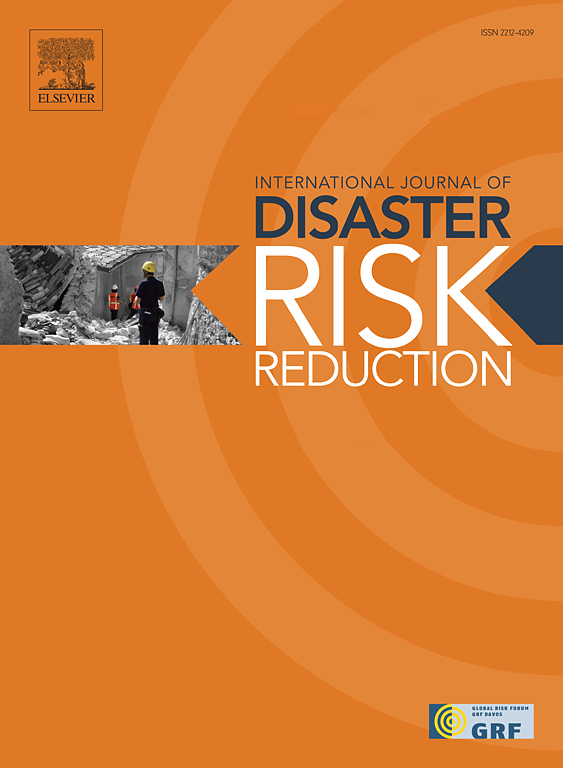
‘HiFlo-DAT’ (Himalayan Flood Database) contributes to the disaster risk reduction (DRR) agenda of developing methodologies for the assembly, analysis, and application of disaggregated/sub-national disaster loss data; here for mountain floods in the Kullu District, Himachal Pradesh, India.
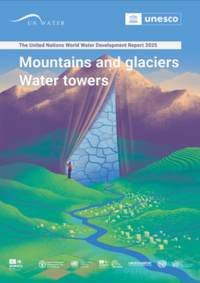
With a focus on the technical and policy responses required to improve water management in mountains, the report covers critical issues such as water supply and sanitation, climate change mitigation and adaptation, food and energy security, industry, disaster risk reduction and ecosystem protection.
.png?sfvrsn=28f3c251_1)
This is the warmest year in the 175-year observational record. The State of the Global Climate 2024 report underlined the massive economic and social upheavals from extreme weather and the long-term impacts of record ocean heat and sea-level rise.
.png?sfvrsn=e738e7a_1)
Sustainable food systems and natural farming are closely related concepts with common goals and principles, but with different approaches and practices. Natural farming has been proving as a viable option to address the current farmers' distress, other issues related to soil and water, and to sustain farmers' incomes.
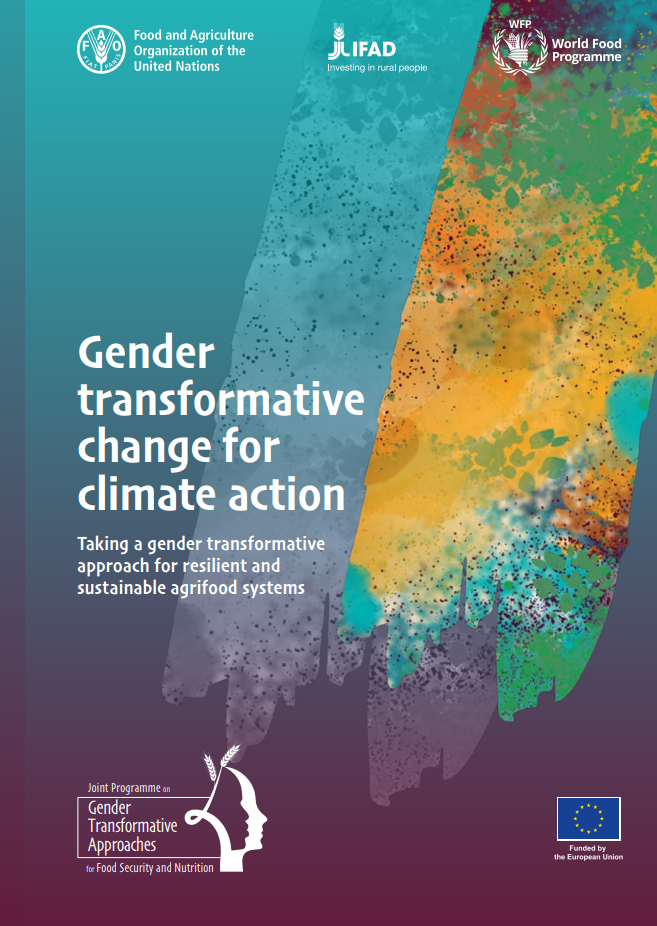
This technical study highlights the role of discriminatory social institutions, unequal power relations and agency in influencing climate resilience processes for sustainable agrifood systems. It also defines core characteristics of gender transformative change in climate resilience programming and presents a collection of climate change interventions that address different dimensions of gender transformative change and the management of disaster risks in agrifood systems.
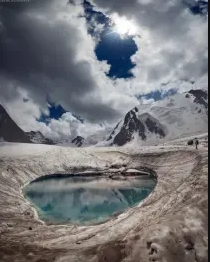
Glaciers are a crucial part of many mountain ecosystems. Billions of people, and two thirds of irrigated agriculture, depend on mountain water resources that often include essential contributions from glaciers, especially in dry seasons.
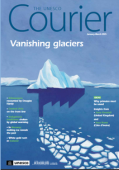
According to Amerindian legend, the highest peaks of the Merida mountain range in Venezuela owe their snow-covered summits to the beating wings of five white eagles. But over the last few decades, the birds of prey.
-(1).png?sfvrsn=1380c8f8_1)
This publication discusses how mountain adaptation solutions contribute to addressing the climate crisis. Case studies from Mountain Partnership Members highlight the role of local actors, especially women farmers, Indigenous Peoples, and youth, as agents of change. This publication also contributes to the celebration of International Mountain Day 2024, themed "Mountain solutions for a sustainable future – innovation, adaptation, and youth".
-(1)47d9b601-941f-4c26-a3f5-97930ba0a073.png?sfvrsn=ceb0403b_1)
This brief examines how climate change impacts human mobility in mountainous regions. It points to the need for more targeted research, policy interventions, and support systems to mitigate the challenges faced by these vulnerable populations. By integrating mobility into climate adaptation plans, and leveraging Indigenous Peoples' knowledge with modern technologies, the report advocates for more comprehensive disaster risk management and sustainable development pathways in mountain regions.
2f6f5902-f4b9-4a66-b418-d1daf1a499a5.png?sfvrsn=2171fdf1_1)
The publication points out the increasing impacts of climate change on mountains, including transboundary challenges that require regional cooperation. It emphasizes the need to integrate scientific and traditional knowledge in climate adaptation strategies, ensuring mountain ecosystems are included in global frameworks such as the United Nations Framework Convention on Climate Change (UNFCCC).
-(3).png?sfvrsn=e8a656ab_1)
The second edition of the Caucasus Environment Outlook (CEO-2) emphasizes, across its nine chapters, the importance of regional environmental monitoring through a participatory and consultative approach. It explores recent regional developments and environmental assessments related to population, urbanization, economic development, climate change, land cover, biodiversity, air quality, freshwater, and cross-cutting issues.
70a01400-8225-434c-8716-023cb9439d07.png?sfvrsn=d6ffbcc7_1)
In the 'State of the Cryosphere 2024 – Lost Ice, Global Damage' report, over 50 leading cryosphere scientists warn of vastly higher impacts and costs to the global economy given accelerating losses in the world’s snow and ice regions. Current climate commitments, leading the world to well over 2°C of warming, would bring disastrous and irreversible consequences for billions of people from global ice loss.
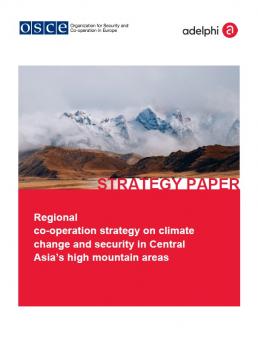
This strategy presents a set of ideas for regional co-operation to jointly address climate-related security risks in Central Asia's high mountain areas. It is an output of the extra-budgetary project "Strengthening responses to security risks from climate change in South-Eastern Europe, Eastern Europe, the South Caucasus and Central Asia", implemented by the Organization for Security and Co-operation in Europe (OSCE), in partnership with the Berlin-based think-tank adelphi.
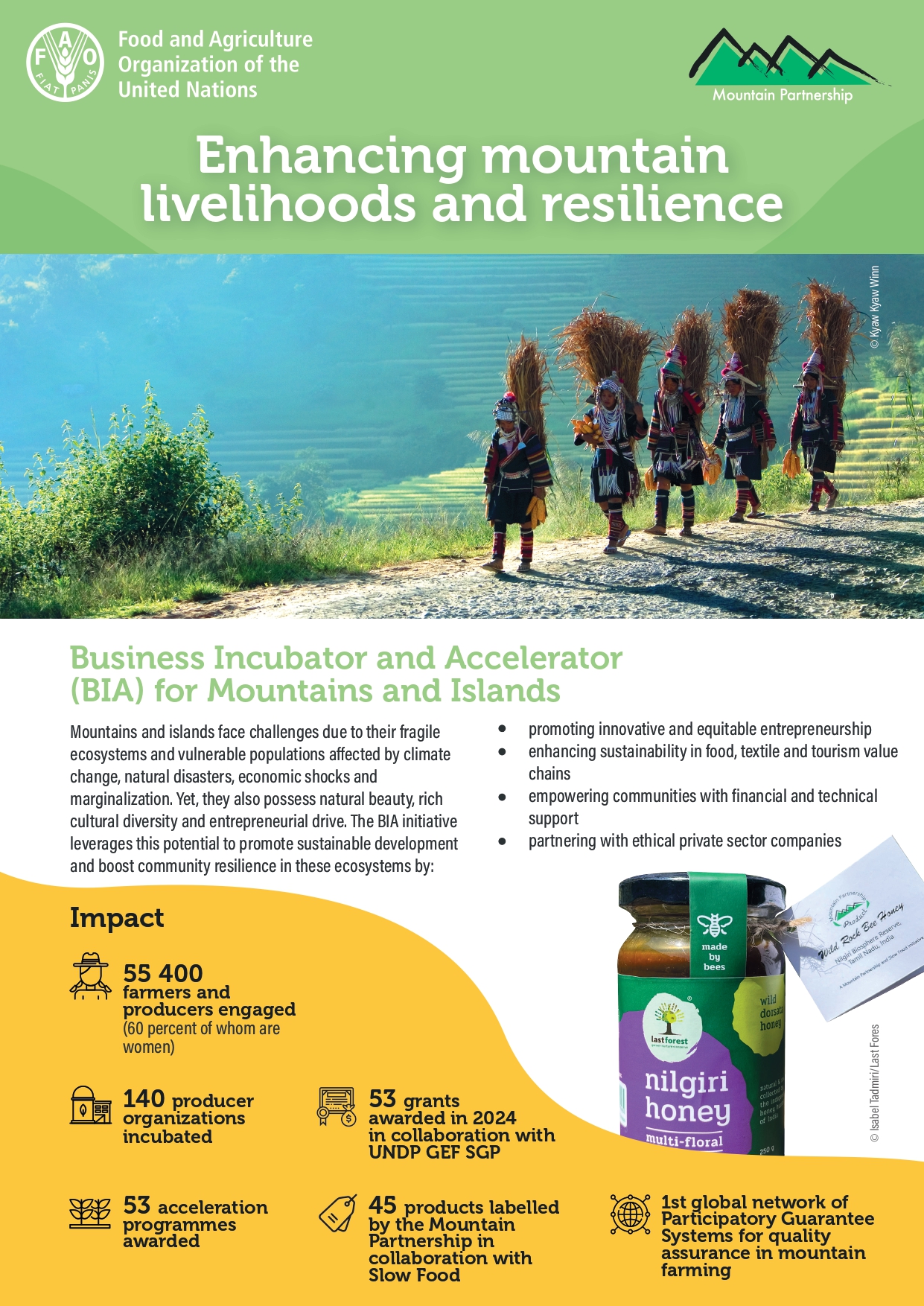
This fact sheet, published by the Mountain Partnership Secretariat of the Food and Agriculture Organization of the United Nations, highlights initiatives aimed at enhancing livelihoods and resilience in mountain and island ecosystems. Recognizing the unique challenges faced by these regions—from climate change impacts to economic vulnerabilities—the initiatives harness local potential and cultural diversity to promote sustainable development.